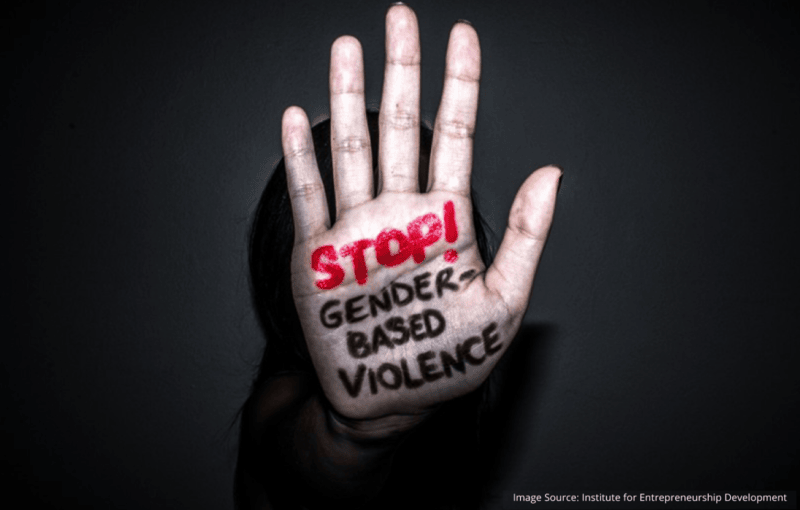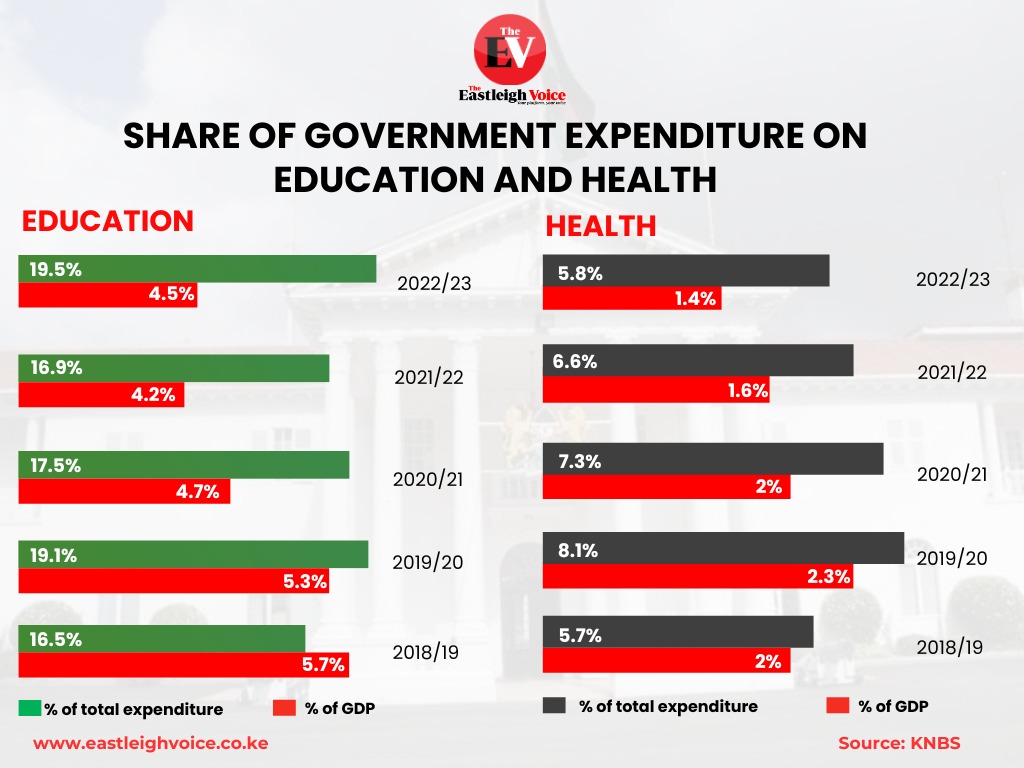Facebook, WhatsApp top platforms for online gender-based violence - report

The research revealed that, despite the rise of new platforms, Facebook and WhatsApp remain the top sites for TF-GBV, with about 30 per cent of incidents occurring on each.
Facebook and WhatsApp have been identified as the leading platforms where gender-based violence is increasingly perpetrated online, a new report by the Association of Media Women in Kenya (AMWIK) has revealed.
The study shows that 60 per cent of perpetrators of Technology Facilitated-Gender-Based Violence (TF-GBV) are strangers, highlighting the risks posed by anonymous interactions in digital spaces.
More To Read
- Snapchat rolls out private end-of-year Recap for users
- Parliament urged to enforce two-thirds gender rule to boost women’s political representation
- Parliament to debate Bill ending private settlements in SGBV cases
- Australia to ban social media for children under 16 on Wednesday
- KNCHR raises alarm as over 100 femicide cases recorded in three months
- 16 days of activism: Strengthening protection against gender-based violence
The report also found that the most common forms of TF-GBV include unsolicited intimate images (29 per cent), hate speech (25 per cent), and cyberbullying (21 per cent).
"These findings reflect a growing concern about the safety of women, particularly those in public life, as online harassment continues to escalate," reads the report.
The study, which surveyed 96 respondents, primarily women (81 per cent), explored the prevalence and impact of online violence targeted at women with public influence, such as those in politics and media.
According to the report, the highest number of responses came from the 24-35 age group, followed by the 35-44 group then the 18-24 age group. The 45-54 and the 55-64 age groups provided the fewest responses. It however notes that there were no responses from respondents aged 65 and above.
The research revealed that, despite the rise of new platforms, Facebook and WhatsApp remain the top sites for TF-GBV, with about 30 per cent of incidents occurring on each.
"Facebook emerged first at 36.11 per cent, followed by WhatsApp at 30.56 per cent. Twitter came third at 8.33 per cent. TikTok harassment stood at 5.56 per cent of the respondents, while Instagram, LinkedIn, online dating websites/apps, personal email accounts, online discussion sites such as Reddit and another type of mobile app were indicated by 1.39 per cent of respondents each," reads the report.
"Flickr, Snapchat, Thread, comments section of a website and online gaming sites were not mentioned by any of the participants as platforms on which TF-GBV had occurred."
It further notes that nearly 60 per cent of the respondents reported that the perpetrators were strangers or individuals whose true identities were unknown.
"This highlights how easy it is for perpetrators to hide behind anonymity online, creating unsafe environments," reads the report.
In addition to the common forms of abuse, the report found that 20 per cent of the incidents involved co-workers, indicating that even professional environments are not immune to online harassment.
A particularly concerning finding was that nearly 60 per cent of Persons with Disabilities (PWD) had experienced online violence, both on and offline, often due to prejudice and societal ignorance.
Coping strategies varied, with 35 per cent of respondents opting to restrict who could view their content online.
However, only 4.4 per cent sought legal recourse, reflecting a reluctance to pursue justice due to lengthy legal processes and unclear evidence requirements.
Among those surveyed, 38 per cent considered TF-GBV a crime, while 40 per cent thought it was wrong but not criminal. "The lack of specific laws addressing TF-GBV adds to the confusion, the report notes.
AMWIK Executive Director Queenter Mbori addressed the report's findings, stressing the psychological impact of TF-GBV.
"This emerging form of violence undermines women’s participation in public discourse, silencing them and stripping them of their right to freely express themselves online," she said.
"Digital abuse often extends beyond the online space, causing severe emotional distress and reputational damage."
Mbori called for a collective approach to tackle TF-GBV, urging government, civil society, and the private sector to collaborate in creating safer digital environments for women.
"No single entity can tackle TF-GBV alone," she said. "We need robust legal frameworks, improved reporting mechanisms, and better psychosocial support for victims."
Phobe Makungu, representing the Principal Secretary for Gender and Affirmative Action, echoed Mbori's sentiments, lauding the report as a timely and vital contribution to addressing violence in both physical and digital spaces.
"While technology has brought many benefits, it has also opened new avenues for violence," Makungu said.
The report also called for various measures to combat TF-GBV, including building capacity for digital safety, creating stronger legal protections and improving platform-level content moderation.
It also emphasises the need for better reporting systems, privacy features and mental health support, particularly for vulnerable groups like journalists and human rights defenders.
As the digital landscape evolves, the report urges policy, legal and industry-level changes to protect individuals, particularly marginalised groups, from online abuse that can have devastating offline consequences.
Shockingly, the report highlights that Kenya does not have a specific law addressing TF-GBV. However, existing legislation contains provisions that can be used collectively to build cases against online violence and harassment.
Key laws cited in the report include the Sexual Offences Act of 2006, the Employment Act of 2007, the Prohibition of Female Genital Mutilation Act of 2011, and the Victim Protection Act of 2014.
Others are the Protection Against Domestic Violence Act of 2015, the Computer Misuse and Cybercrimes Act of 2018, the Data Protection Act of 2019, the Sexual Gender-Based Violence Act of 2021, and the Children Act of 2022.
The report also advises that individuals can report violations involving personal information to the Office of the Data Protection Commissioner (ODPC) for redress, providing an alternative remedy outside the court process.
This underscores the need for a clear and comprehensive legal framework to address the unique challenges posed by TF-GBV.
Top Stories Today













































